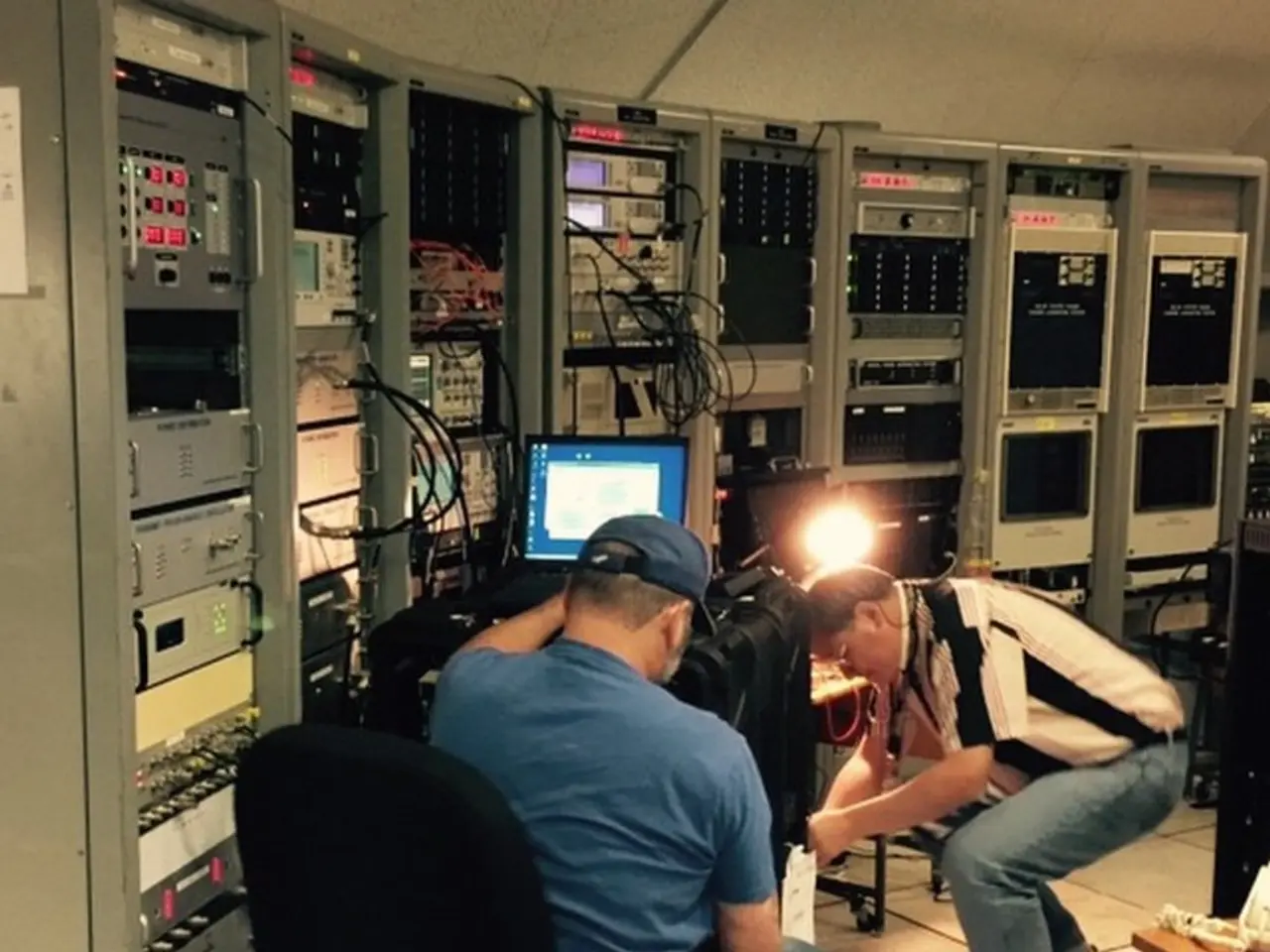Delivery service Lieferando plans to eliminate 2000 driver positions in Germany while opting for subcontractors instead.
In a significant move, German food delivery service Lieferando has announced plans to lay off around 2,000 drivers nationwide, representing approximately 20% of its total delivery fleet, starting from the end of 2025 [1][2][3]. This decision forms part of a strategic shift to increase reliance on collaborations with third-party delivery subcontractors, particularly in areas with lower demand or smaller markets such as Hamburg, Wiesbaden, Lübeck, and Bochum.
The layoffs will directly impact up to 2,000 drivers who work as Lieferando employees, leading to job losses in several cities, with a significant impact expected in Hamburg. The company is negotiating a social plan with the works council to manage these layoffs, aiming for agreements by late 2025 or early 2026 [2].
Lieferando will maintain direct delivery operations in high-demand regions but will outsource more deliveries to "locally agile" third-party delivery companies elsewhere. This subcontractor model, which has been piloted in districts of Berlin, is expected to expand across more regions [1]. The company is conducting a strict selection process for fleet partners, emphasizing that subcontracted drivers should have permanent employment status and receive fair wages, aiming to avoid the precarity often associated with subcontracting.
This shift towards increased subcontracting reflects a broader market trend to optimize the "last mile" delivery and increase operational efficiency. However, this move raises concerns about job security, occupational safety, and employment conditions as many drivers may move from being directly employed to working under subcontractors or potentially freelance arrangements. This approach has sparked criticism from unions such as the Food, Beverages and Catering Union (NGG), which warns that such layoffs and the outsourcing model may undermine workers' rights and safety standards [1].
Competitors such as Uber Eats and Wolt also follow the approach of collaborating with subcontractors in the food delivery industry. The EU Commission has issued a platform directive to prevent false self-employment in platform businesses, which still needs to be implemented at the national level.
Lieferando's decision is likely to elicit a significant reaction from labor representatives. Many drivers in the food delivery industry are self-employed, a practice that labor representatives criticize for being exploitative. With a portion of the delivery business being outsourced to third-party companies, the NGG union may find it more challenging to ensure uniform employment conditions.
Negotiations on a social plan should begin as soon as possible at the sister company, emphasized Lieferando's Germany CEO Lennard Neubauer. He stated that customers expect reliable service and short delivery times, and in some areas, this cannot be sufficiently guaranteed with the current structures. Market conditions and competition are changing rapidly and profoundly, according to Neubauer.
[1] Lieferando to Outsource Deliveries, Lay Off Drivers (2023). Retrieved from https://www.fooddeliveryinsider.com/lieferando-to-outsource-deliveries-lay-off-drivers/ [2] Lieferando to Lay Off 2,000 Drivers in Germany (2023). Retrieved from https://www.reuters.com/business/retail-consumer/lieferando-to-lay-off-2000-drivers-in-germany-2023-05-01/ [3] Lieferando's Restructuring Plan: A Look at the Impact (2023). Retrieved from https://www.deliveryheroe.com/lieferandos-restructuring-plan-a-look-at-the-impact/ [4] Food Delivery Industry: The Rise of Subcontracting (2023). Retrieved from https://www.fooddeliveryinsider.com/food-delivery-industry-the-rise-of-subcontracting/ [5] The Future of Work in the Food Delivery Industry (2023). Retrieved from https://www.theguardian.com/technology/2023/may/01/the-future-of-work-in-the-food-delivery-industry
What will be the impact on job security and employment conditions for Lieferando's drivers due to the increased reliance on third-party delivery subcontractors? This move, followed by the potential layoffs of up to 2,000 drivers, could lead to uncertain employment as many drivers may shift from permanent positions to subcontractor or freelance arrangements.
In the context of the food delivery industry, the rise of subcontracting may undermine workers' rights and safety standards, as labor representatives like the Food, Beverages and Catering Union (NGG) argue. This concern is not unique to Lieferando, as competitors such as Uber Eats and Wolt also employ this model.




